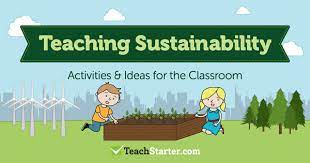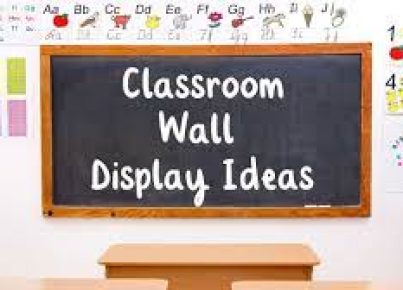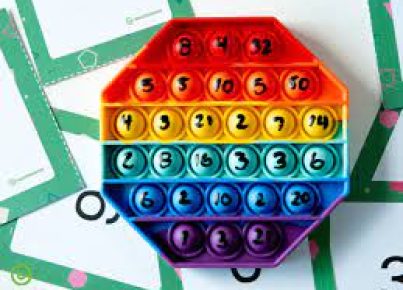Introduction:
Educators around the world are recognizing the importance of sustainability education in shaping future generations to be conscientious stewards of our planet. Incorporating sustainability activities into classroom learning not only raises awareness among students but also stimulates critical thinking, creativity, and a sense of responsibility. Here are 15 engaging sustainability activities and ideas that educators can introduce into their classrooms.
1. Classroom Recycling Program:
Start a recycling program in the classroom where students separate paper, plastics, and metals into different bins.
2. School Garden:
Create a school garden where students can learn about composting, plant life cycles, and local agriculture.
3. Energy Conservation Challenge:
Have a classroom challenge to see which class can save the most energy by turning off lights and electronics when not in use.
4. Water Usage Investigation:
Track water usage in the school for a week to identify areas for conservation efforts, then implement water-saving strategies.
5. Sustainability Speaker Series:
Invite local environmentalists to speak about sustainability practices and careers in the field of environmental science.
6. Zero Waste Lunch Day:
Have a zero-waste lunch day where students bring their lunches in reusable containers with no disposable items.
7. Upcycling Projects:
Collect items that would typically be discarded and repurpose them into new creations or functional objects.
8. Nature Walks and Biodiversity Surveys:
Organize nature walks to observe local wildlife and conduct biodiversity surveys.
9. Sustainable Transport Debate:
Engage students in a debate about sustainable transportation options and their impact on the environment.
10. Environmental Documentary Screenings:
Show documentaries related to environmental issues and follow up with discussions or projects based on the topics presented.
11. DIY Solar Cookers:
Build DIY solar cookers with reflective materials to teach about renewable energy sources.
12. Carbon Footprint Calculator:
Use an online carbon footprint calculator to measure each student’s impact on the environment, then brainstorm ways to reduce it.
13. Eco-Friendly Product Research:
Assign research projects focused on eco-friendly products, comparing them to traditional options regarding impact on the earth’s resources.
14. Trash Audit:
Conduct a trash audit of classroom waste and create plans for reducing waste output through various initiatives like composting and recycling.
15. Green Fundraising Campaigns:
Organize green fundraising campaigns like selling reusable bags or water bottles, with proceeds going towards local environmental projects or initiatives.
Conclusion:
Through hands-on experiences and real-world applications, sustainability activities such as these allow students to connect with environmental issues personally while developing valuable problem-solving skills. By integrating these ideas into their teaching practices, educators can inspire their students to adopt more sustainable lifestyles and become agents of change in their communities.





